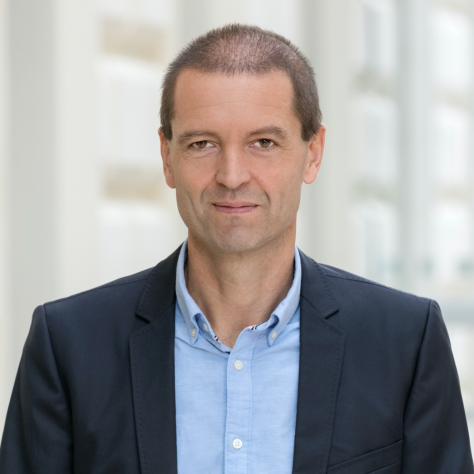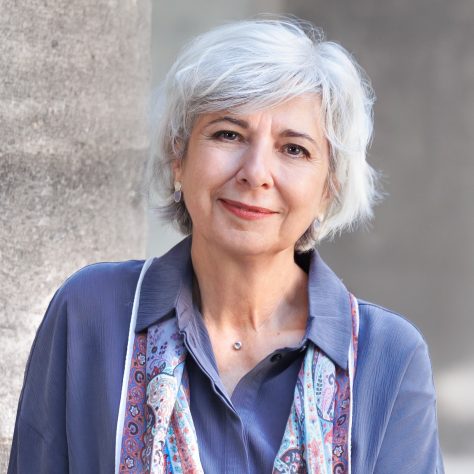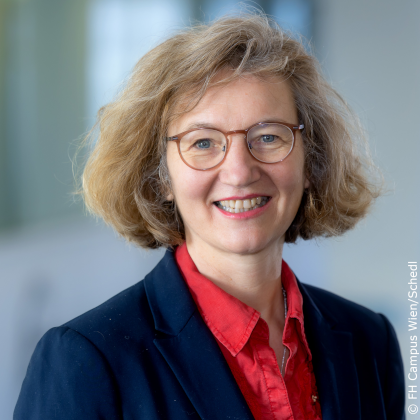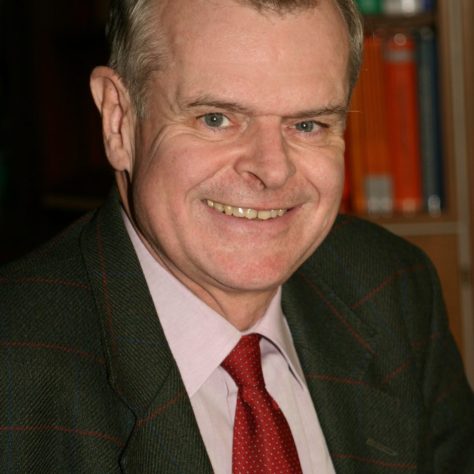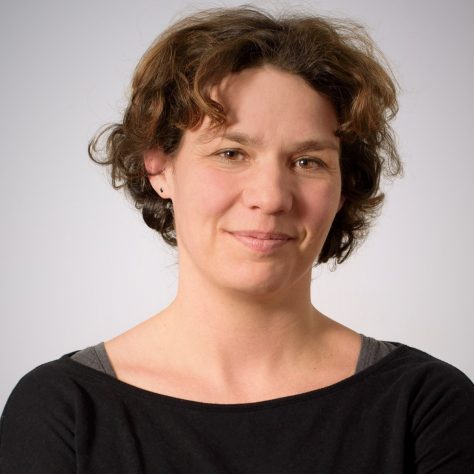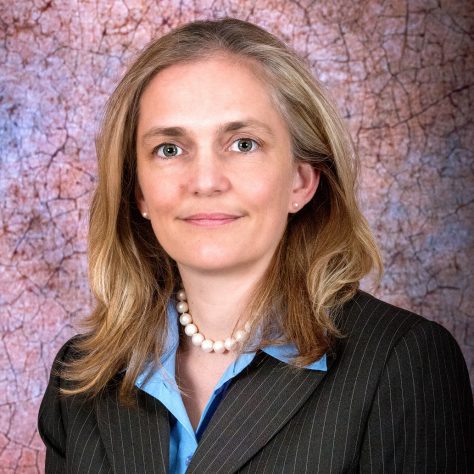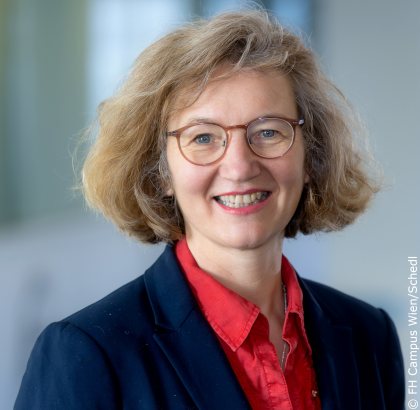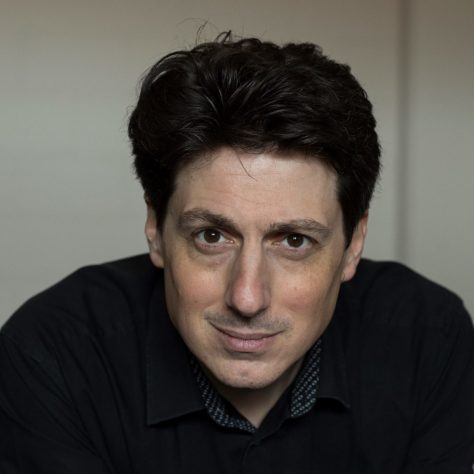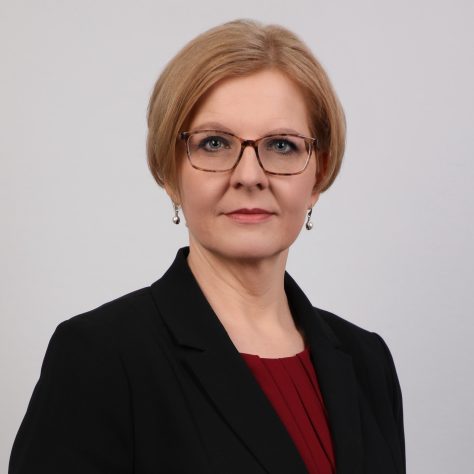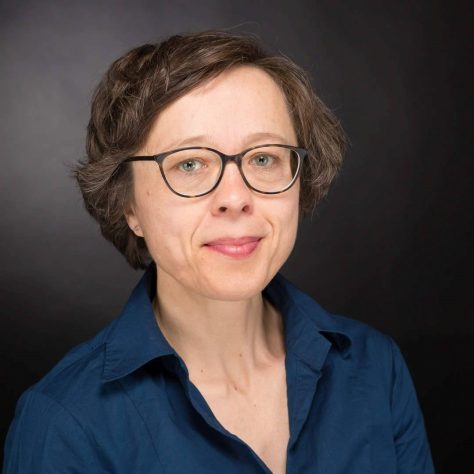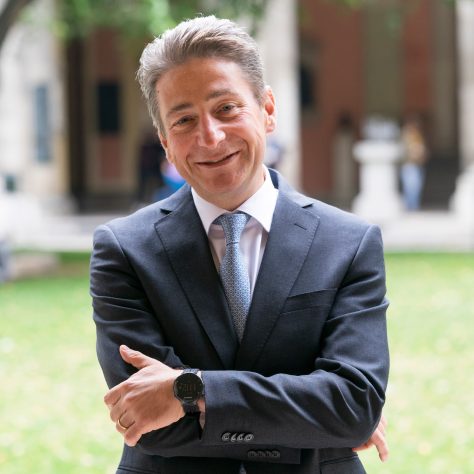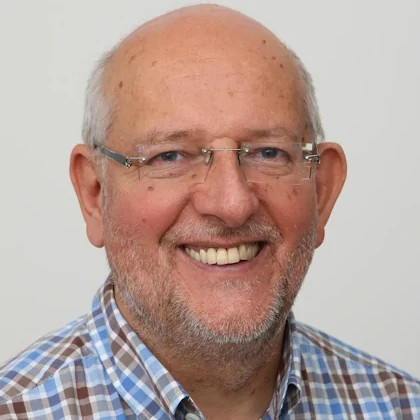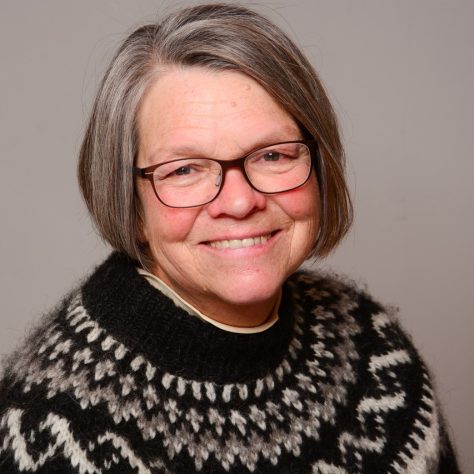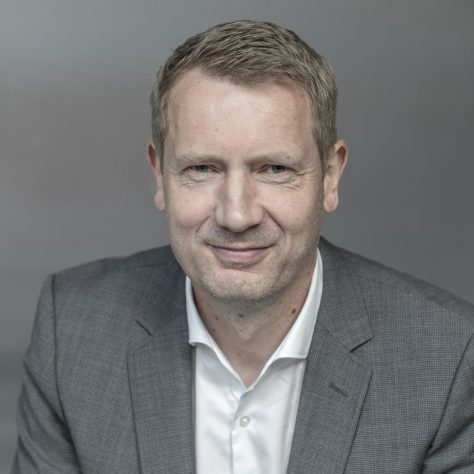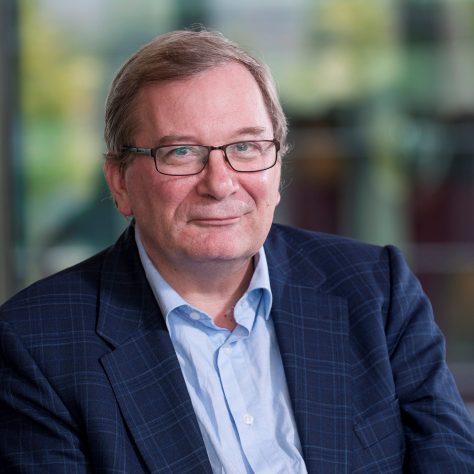Organs of the Association
Board of Directors, Management, General Assembly and Commission
The Board
The Board is responsible for leading the Association OeAWI; it has six members with voting rights.
The Chair of the Board is traditionally the President of the Austrian Science Fund (FWF). Other members are representatives of Universities Austria (uniko), the Academy of Sciences (OeAW), the Austrian Institute
of Technology (AIT), the University of Vienna, and the Medical University Innsbruck.
The Board’s term of office lasts two years. Board members may be re-elected multiple times.
Board members
The management
The Executive Board is responsible for managing the office.
The rules of procedure shall specify which tasks of the Board of Management shall be delegated to the management and the scope of the
Management’s authority to represent the company. All tasks are closely coordinated with the Executive Board.
The management
The General Assembly
The General Assembly is the general meeting of members in the sense of the Association Act 2002. An ordinary General Assembly takes place at least once a year. It has a quorum if at least half of the votes of the ordinary members are represented.
The main tasks are to make decisions about the appointment or dismissal of the board, the management and the auditors.
and to approve the financial management of the association in cooperation with the auditors. Provisions concerning membership, such as the admission or exclusion of members, or to determine the amount of the membership fee, also falls to the General Assembly.
The amount of the membership fee and the number of votes depend on the size of the respective institution.
The Commission
The ÖAWI offers a neutral and fact-oriented platform to objectively get to the bottom of cases of (alleged) scientific misconduct. The Commission for Scientific Integrity investigates the seriousness of a violation in a professional manner and, if necessary, submits proposals for subsequent measures.
It is an independent body staffed by top-class scientists, most of them from abroad.
However, the Commission is neither a decision-making body nor a legally binding organizational unit. The members of the Commission are appointed for two years by the General Assembly of the Association on the proposal of the Austrian Science Council.
Re-election is possible twice.
